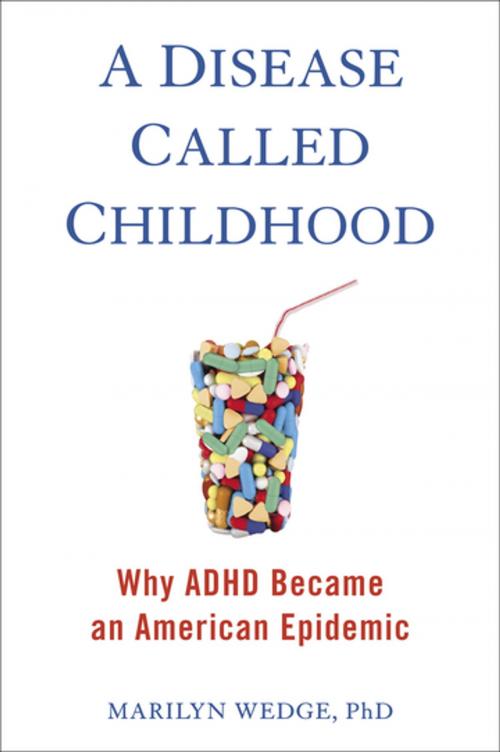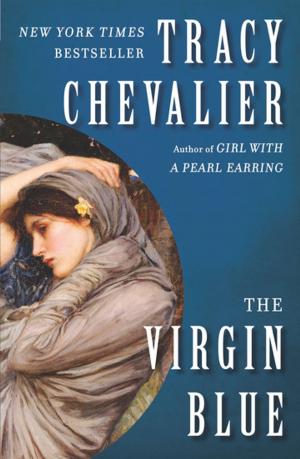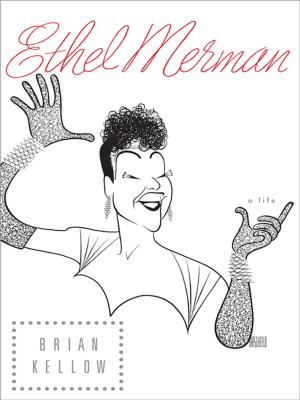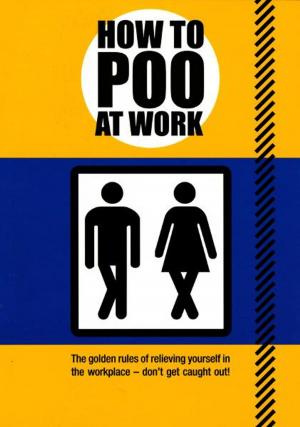A Disease Called Childhood
Why ADHD Became an American Epidemic
Nonfiction, Health & Well Being, Psychology, Mental Health, Family & Relationships, Health| Author: | Marilyn Wedge | ISBN: | 9781101639634 |
| Publisher: | Penguin Publishing Group | Publication: | March 24, 2015 |
| Imprint: | Avery | Language: | English |
| Author: | Marilyn Wedge |
| ISBN: | 9781101639634 |
| Publisher: | Penguin Publishing Group |
| Publication: | March 24, 2015 |
| Imprint: | Avery |
| Language: | English |
A surprising new look at the rise of ADHD in America, arguing for a better paradigm for diagnosing and treating our children
In 1987, only 3 percent of American children were diagnosed with attention-deficit/hyperactivity disorder, also known as ADHD. By 2000, that number jumped to 7 percent, and in 2014 the number rose to an alarming 11 percent. To combat the disorder, two thirds of these children, some as young as three years old, are prescribed powerful stimulant drugs like Ritalin and Adderall to help them cope with symptoms. Meanwhile, ADHD rates have remained relatively low in other countries such as France, Finland, and the United Kingdom, and Japan, where the number of children diagnosed with and medicated for ADHD is a measly 1 percent or less.
Alarmed by this trend, family therapist Marilyn Wedge set out to understand how ADHD became an American epidemic. If ADHD were a true biological disorder of the brain, why was the rate of diagnosis so much higher in America than it was abroad? Was a child's inattention or hyperactivity indicative of a genetic defect, or was it merely the expression of normal behavior or a reaction to stress? Most important, were there alternative treatments that could help children thrive without resorting to powerful prescription drugs? In an effort to answer these questions, Wedge published an article in Psychology Today entitled "Why French Kids Don't Have ADHD" in which she argued that different approaches to therapy, parenting, diet, and education may explain why rates of ADHD are so much lower in other countries.
In A Disease Called Childhood, Wedge examines how myriad factors have come together, resulting in a generation addictied to stimulant drugs, and a medical system that encourages diagnosis instead of seeking other solutions. Writing with empathy and dogged determination to help parents and children struggling with an ADHD diagnosis, Wedge draws on her decades of experience, as well as up-to-date research, to offer a new perspective on ADHD. Instead of focusing only on treating symptoms, she looks at the various potential causes of hyperactivity and inattention in children and examines behavioral and environmental, as opposed to strictly biological, treatments that have been proven to help. In the process, Wedge offers parents, teachers, doctors, and therapists a new paradigm for child mental health--and a better, happier, and less medicated future for American children
A surprising new look at the rise of ADHD in America, arguing for a better paradigm for diagnosing and treating our children
In 1987, only 3 percent of American children were diagnosed with attention-deficit/hyperactivity disorder, also known as ADHD. By 2000, that number jumped to 7 percent, and in 2014 the number rose to an alarming 11 percent. To combat the disorder, two thirds of these children, some as young as three years old, are prescribed powerful stimulant drugs like Ritalin and Adderall to help them cope with symptoms. Meanwhile, ADHD rates have remained relatively low in other countries such as France, Finland, and the United Kingdom, and Japan, where the number of children diagnosed with and medicated for ADHD is a measly 1 percent or less.
Alarmed by this trend, family therapist Marilyn Wedge set out to understand how ADHD became an American epidemic. If ADHD were a true biological disorder of the brain, why was the rate of diagnosis so much higher in America than it was abroad? Was a child's inattention or hyperactivity indicative of a genetic defect, or was it merely the expression of normal behavior or a reaction to stress? Most important, were there alternative treatments that could help children thrive without resorting to powerful prescription drugs? In an effort to answer these questions, Wedge published an article in Psychology Today entitled "Why French Kids Don't Have ADHD" in which she argued that different approaches to therapy, parenting, diet, and education may explain why rates of ADHD are so much lower in other countries.
In A Disease Called Childhood, Wedge examines how myriad factors have come together, resulting in a generation addictied to stimulant drugs, and a medical system that encourages diagnosis instead of seeking other solutions. Writing with empathy and dogged determination to help parents and children struggling with an ADHD diagnosis, Wedge draws on her decades of experience, as well as up-to-date research, to offer a new perspective on ADHD. Instead of focusing only on treating symptoms, she looks at the various potential causes of hyperactivity and inattention in children and examines behavioral and environmental, as opposed to strictly biological, treatments that have been proven to help. In the process, Wedge offers parents, teachers, doctors, and therapists a new paradigm for child mental health--and a better, happier, and less medicated future for American children















